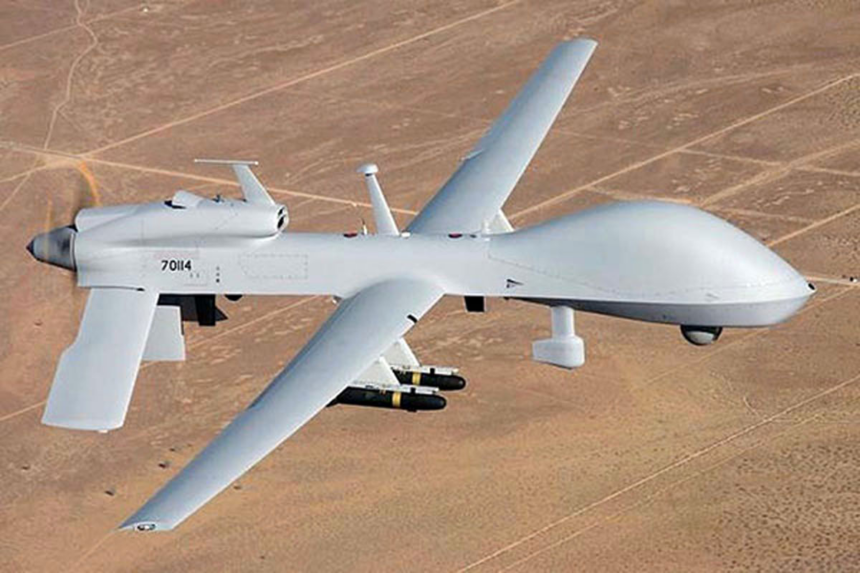RASC News Agency: Local sources in Afghanistan’s eastern Kunar province report that Pakistani fighter jets carried out a series of airstrikes late Friday, September 5, along the Durand Line. According to residents, the strikes targeted several locations in the Nawa Pass area of Sarkano district, striking multiple objectives in a show of cross-border force. Eyewitnesses and local officials confirmed the presence of Tehrik-i-Taliban Pakistan (TTP) fighters in parts of Sarkano, noting that the militants are frequently seen patrolling villages side by side with Taliban gunmen. This underscores what international observers have long warned: Afghanistan under Taliban rule has become a haven for regional militancy.
Pakistan’s Ministry of Defence acknowledged the strikes in a statement on Saturday, declaring that “hideouts of the TTP in the border areas were successfully targeted.” Yet, the statement stopped short of providing details on casualties or damage, leaving questions about the scale of the operation. In response, Taliban Defence Minister Mullah Yaqoob Mujahid once again denied the presence of any armed groups, including the Pakistani Taliban, inside Afghanistan. He accused Islamabad of shifting blame for its domestic security failures onto Kabul. Such denials, however, have become routine deflections by the Taliban, whose leadership has consistently tried to obscure its deep ties with militant factions.
Islamabad’s Foreign Ministry, reacting sharply, dismissed the Taliban’s claims as “mockery and evasion,” stressing that such rhetoric cannot conceal the reality of “safe havens for terrorist groups” operating inside Afghanistan. Pakistani officials reiterated that the presence of the TTP remains a “serious matter” and confirmed that the issue has been raised at the highest diplomatic and military levels between the two countries. According to senior Pakistani security officials, the sanctuary enjoyed by TTP fighters in Afghanistan has become a major obstacle to any meaningful improvement in bilateral relations. This view was reinforced by former Pakistani parliamentarian Asif Durrani, who told Afghanistan International Radio that the Taliban’s refusal to hand over TTP leaders is rooted in their adherence to Pashtunwali, the tribal code of honor. Durrani warned that Pakistan would pursue TTP militants “wherever they may be” and eliminate them if the Taliban continued to provide protection. He further alleged that many TTP members, along with their families, are now permanently based inside Afghanistan, planning and launching attacks against the Pakistani army in direct coordination with the Taliban.
International monitoring bodies have long sounded alarms over this growing nexus. Previous reports by the United Nations confirmed the presence of thousands of TTP fighters on Afghan soil, with the UN Security Council affirming that the group maintains a full operational partnership with the Taliban in eastern Afghanistan, including access to military bases and training facilities. The unfolding escalation once again lays bare the Taliban’s duplicity: while publicly insisting on neutrality, the regime continues to serve as host, enabler, and protector for transnational militancy, endangering both Afghanistan’s neighbors and the wider region.






